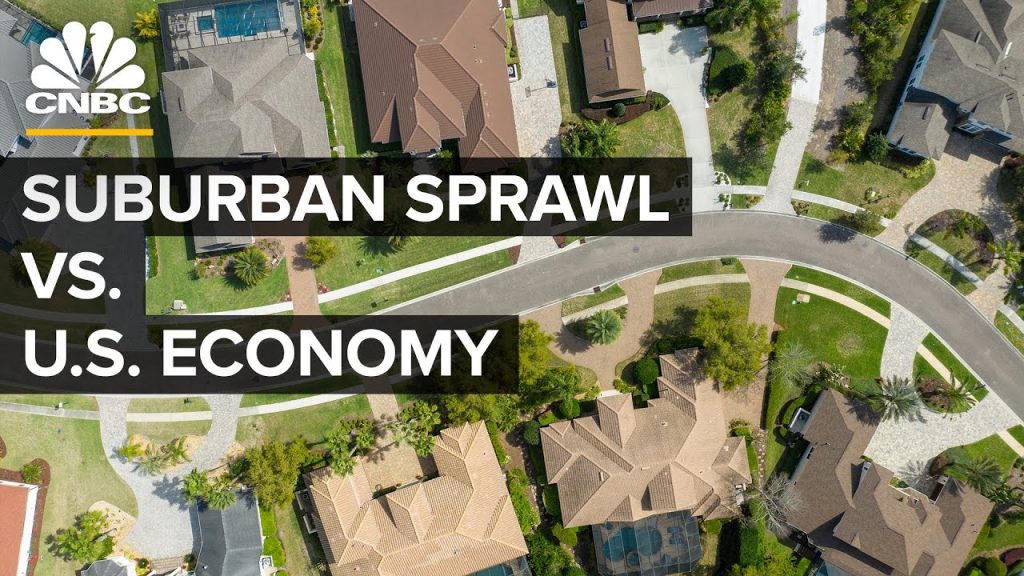America’s suburbs are sprawling again. Over the 20th century, real estate developers built large tracts of single-family homes outside of major cities. The builders were following mortgage underwriting standards first introduced by the Federal Housing Administration in the 1930s. Over the century, those guidelines created housing market conditions that explicitly shut out many minorities. Experts say it is possible to update these old building codes to create equity while fixing some, but not all of the problems of American suburbia.
Last year, single family housing starts rose to 1.123 million, the highest since 2006, according to the National Association of Home Builders, however, options for prospective homebuyers remain lean.
Experts say the problems of America’s housing market relate to past policy decisions. In particular, they say restrictive zoning codes are limiting housing supply. These codes are based on 1930s-era Federal Housing Administration guidelines for mortgage underwriting. That includes “no sidewalks and curvy dead-end streets,” according to Ben Ross, author of “Dead End: Suburban Sprawl and the Rebirth of American Urbanism.“
Ross and others believe that more must be done to manage residential real estate development. Ross lives in Montgomery County, Maryland, which recently revised its zoning code to bring more population density to the area. The county didn’t have many alternative options — 85% of build-worthy land is already developed.
Strict zoning laws favoring single-family homes have limited the supply of land available for multifamily construction and hampered production of more affordable housing. With land limited for multifamily projects, the price of that land has jumped and made those projects unaffordable for builders.
Today’s homebuyers are paying for past sprawl by drawing on credit to finance their lifestyles. Meanwhile, the cost of public infrastructure maintenance is weighing on depopulating towns across the country.
» Subscribe to CNBC: https://cnb.cx/SubscribeCNBC
» Subscribe to CNBC TV: https://cnb.cx/SubscribeCNBCtelevision
» Subscribe to CNBC Classic: https://cnb.cx/SubscribeCNBCclassic
About CNBC: From ‘Wall Street’ to ‘Main Street’ to award winning original documentaries and Reality TV series, CNBC has you covered. Experience special sneak peeks of your favorite shows, exclusive video and more.
Connect with CNBC News Online
Get the latest news: https://www.cnbc.com/
Follow CNBC on LinkedIn: https://cnb.cx/LinkedInCNBC
Follow CNBC News on Facebook: https://cnb.cx/LikeCNBC
Follow CNBC News on Twitter: https://cnb.cx/FollowCNBC
Follow CNBC News on Instagram: https://cnb.cx/InstagramCNBC
Subscribe to CNBC PRO: https://cnb.cx/2NLi9AN
#CNBC
#blackhistorymonth
How Suburban Sprawl Weighs On The U.S. Economy
source

